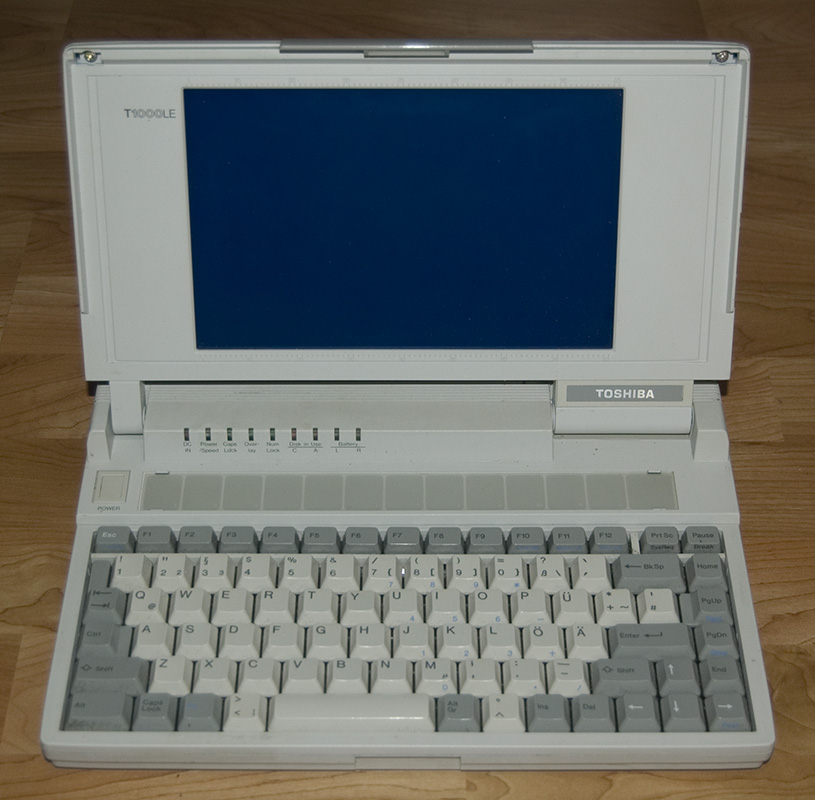
“I am not young enough to know everything”
–Oscar Wilde
CLIVE WILLIAMS says the Baby Boomer generation was in its early 20s in the second half of the 1960s, while the Gen Z generation was in its early 20s in 2023. How do the two compare?
THERE are societal changes between generations only 20 years apart, but the biggest societal change in many generations came with the advent of mobile phones from 1983 and personal computers from 1990.

The internet also created enormous changes when it became publicly available on August 6, 1991.
Before 1990 in the Australian Public Service there were some computers, but only in specialist organisations such as the Defence Signals Directorate (now the Australian Signals Directorate), the Defence Intelligence Organisation’s Imagery Exploitation Centre (now the Australian Geospatial-Intelligence Organisation), and the Australian Bureau of Statistics.
When I worked in Defence Security in the early 2000s, I came across our first laptop in a cupboard with the original receipt. It had been bought in 1990 to record vetting interviews. It was a Toshiba with a 100MB hard drive running WordPerfect software, and had cost Defence $10,000. I had it mounted in a glass display case to show our staff that we actually had bought new computer equipment since 1990.
The Boomer generation had, and still has, some important skill sets. One is the ability to do mathematical calculations in their heads – thanks to rote-learned multiplication tables and doing mental arithmetic in school. Australians don’t use cash much anymore, but it’s pointless giving $21.20 to a young shop assistant for an $11.20 item to get a $10 note in change as it just causes confusion.
Baby Boomers also have a wide range of general knowledge from reading newspapers and listening to the radio. They are good at fixing things because, when they were younger, consumer items were made to be repaired. The post-World War II austerity years taught people to make do with what they had. They also learned to handwrite legibly – except, of course, for doctors.
Consumer items in the 2020s are generally not made to be fixed and you often can’t buy replacement parts, so Zoomers are used to throwing out an item when it stops working or is no longer up to date.
Today’s consumers have become habituated to having to regularly upgrade mobile phones and computer software and hardware. We often have little choice as software upgrades often won’t work on older phones and computers.
Zoomers are financially better off and educated differently. Their digital news input tends to be based on what they are interested in. Much of their interaction is digital. They are the drivers of inclusivity and wokeism.
They may not have as much general knowledge, but they can Google anything they don’t know and get a range of answers. They don’t need to handwrite because they can type or use transcription software. They don’t need to write essays because they can rely on ChatGPT. They don’t need to do mental arithmetic because their phones have calculators.
Today’s generation is much more aware of the fragility of the environment in a world wracked by climate change, pandemics, corporate greed and major power tensions, and think – probably rightly – that Boomers and successor generations (X and Y) are largely to blame for messing up the planet and putting their future at risk.
Today’s Zoomers exercise more at gyms but are fatter – mainly because they lead more sedentary lives, consume too much sugar, and eat high-calorie fast food.
There were few fat people back in the 1960s because they had a more frugal diet and walked more. People did smoke a lot back in the 1960s, even in government offices. My contemporaries who were heavy smokers – and did not give up smoking – have already died from cancer. Even so, the average lifespan of Boomers is likely to be greater than the average lifespan of Zoomers.
With that in mind, remember birthdays are good for you. Statistics show that people who have the most birthdays live the longest.
Clive Williams is a Canberra columnist
Who can be trusted?
In a world of spin and confusion, there’s never been a more important time to support independent journalism in Canberra.
If you trust our work online and want to enforce the power of independent voices, I invite you to make a small contribution.
Every dollar of support is invested back into our journalism to help keep citynews.com.au strong and free.
Thank you,
Ian Meikle, editor









Leave a Reply